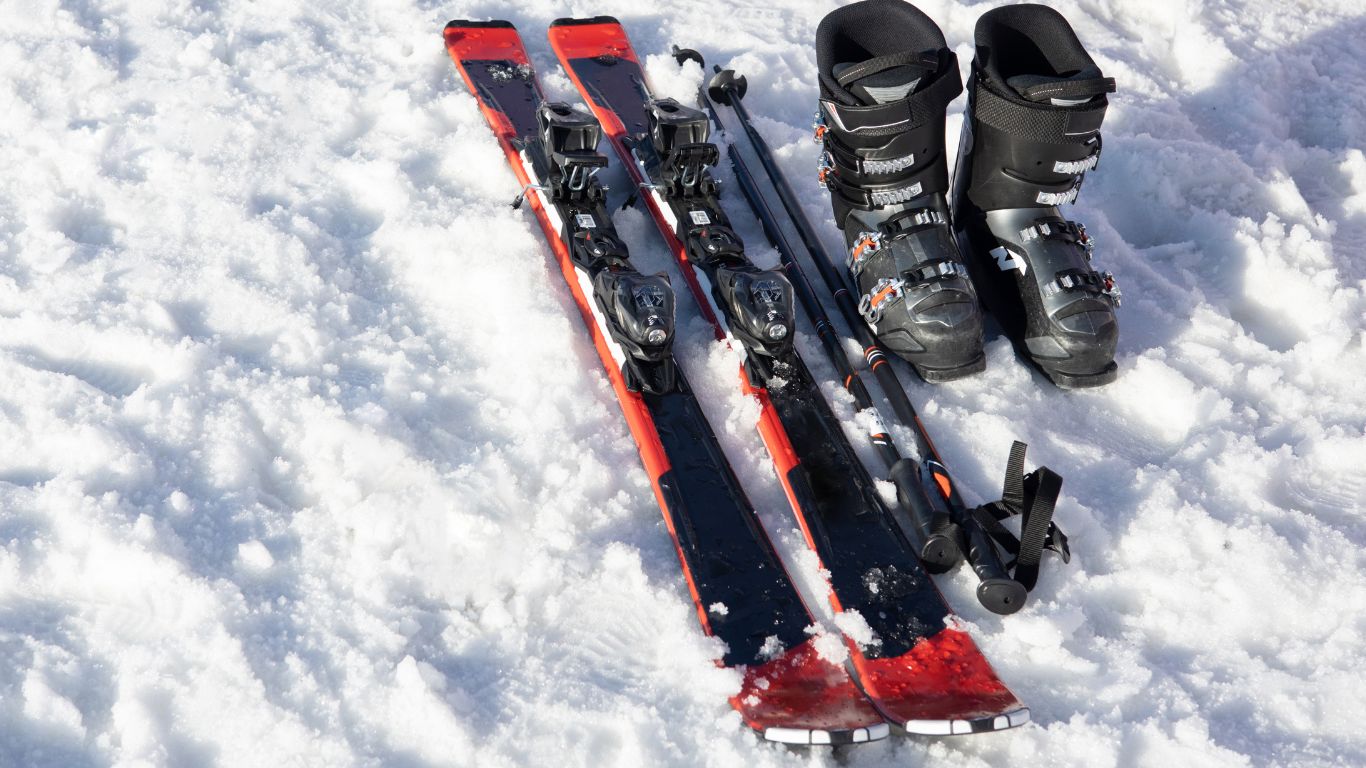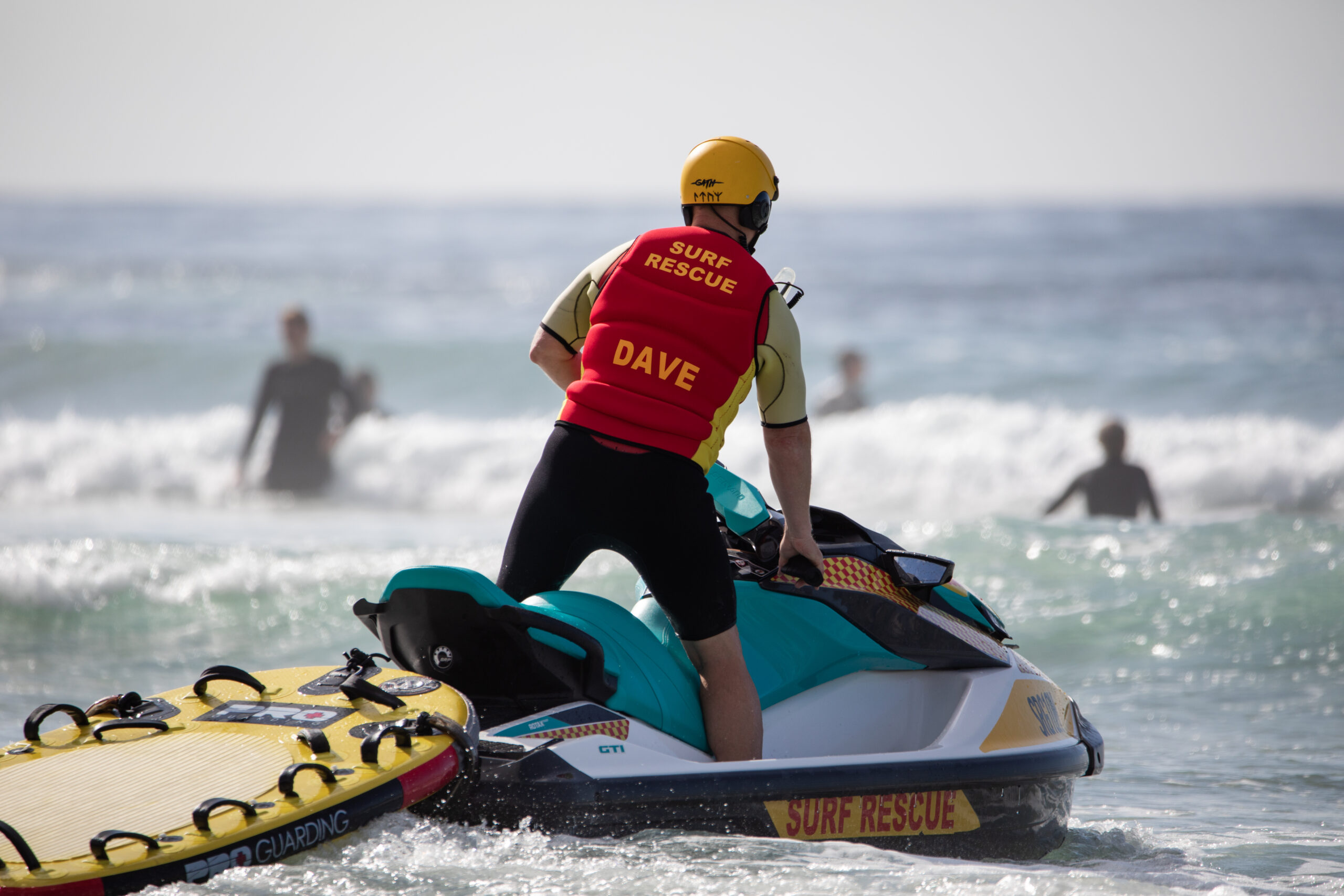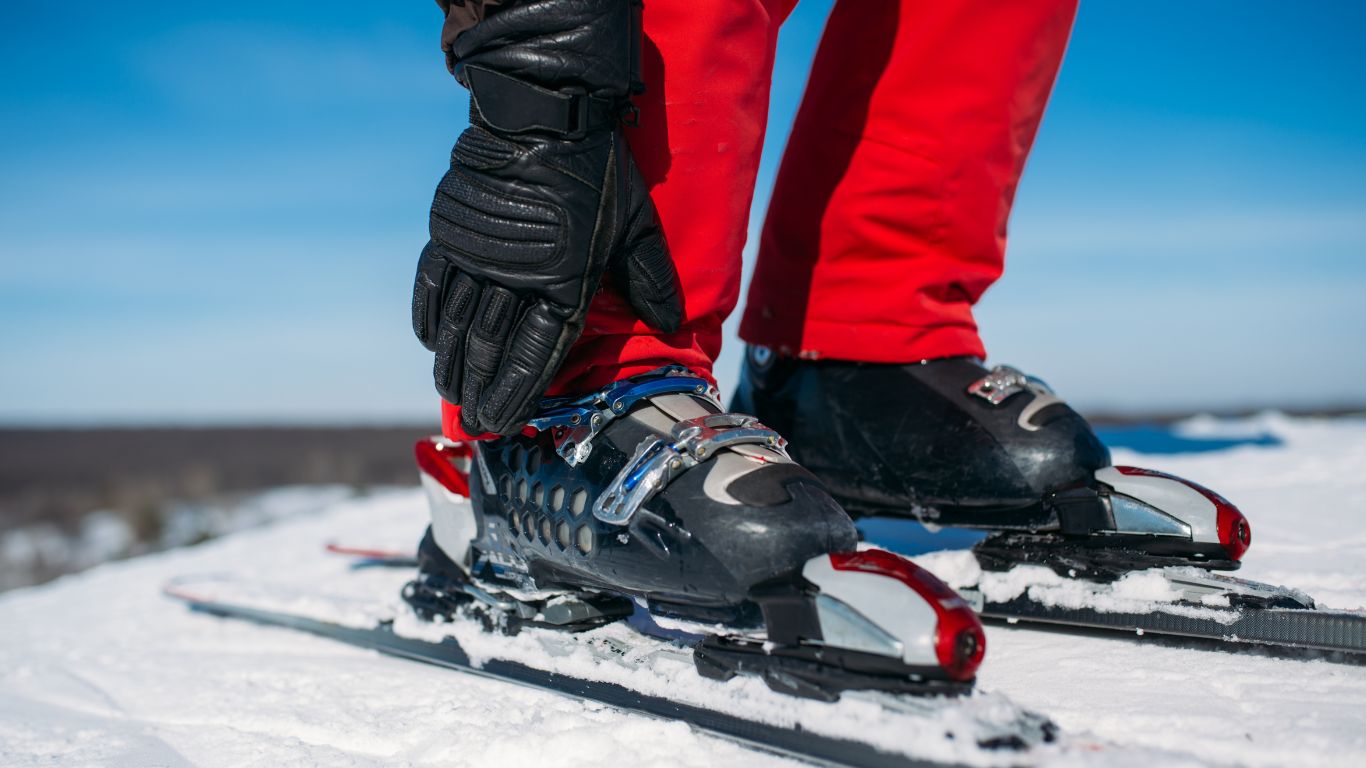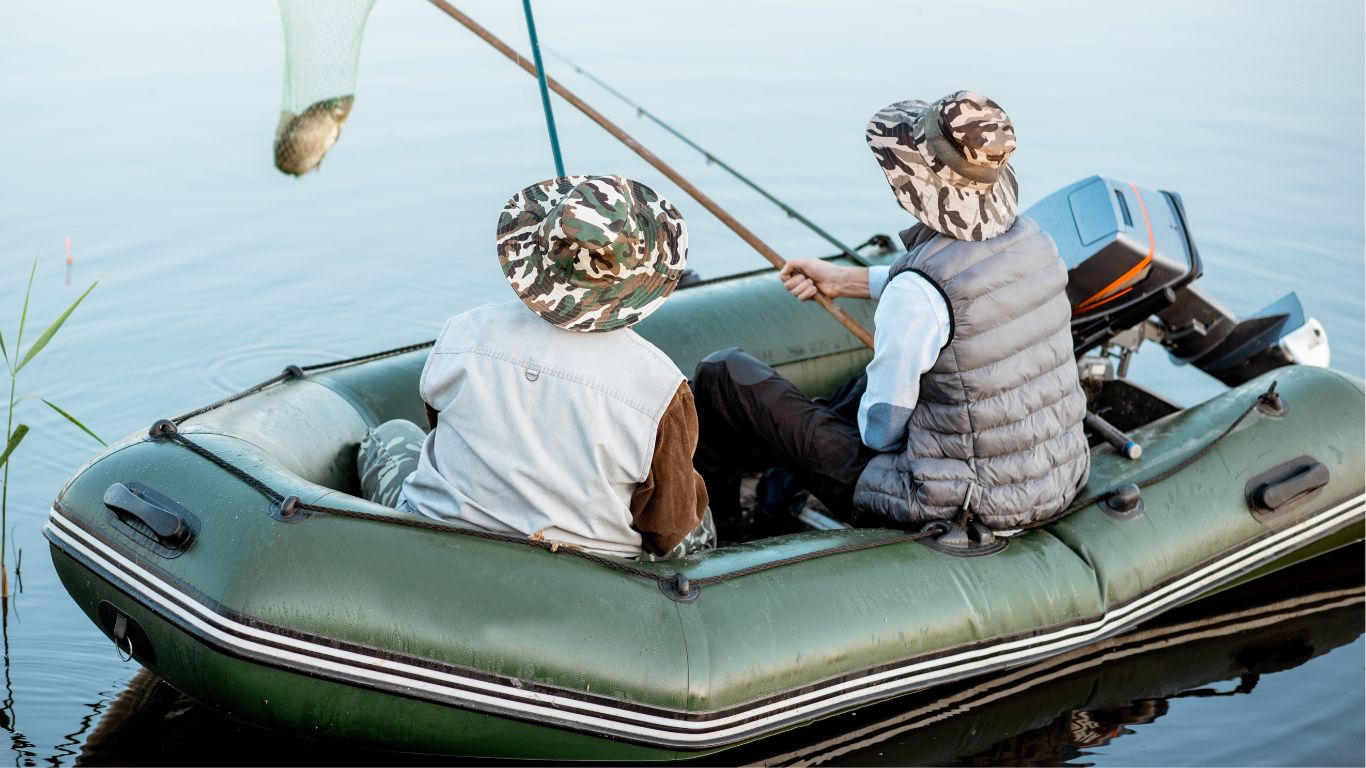When it comes to advanced recreational downhill skiing, the weight of your skis with bindings is a crucial factor. It influences not only your performance but also your comfort and endurance on the slopes. Here, we provide a comprehensive overview of what you can expect in terms of weight for alpine skis, with a focus on lightweight yet durable options.
Key Considerations for Weight
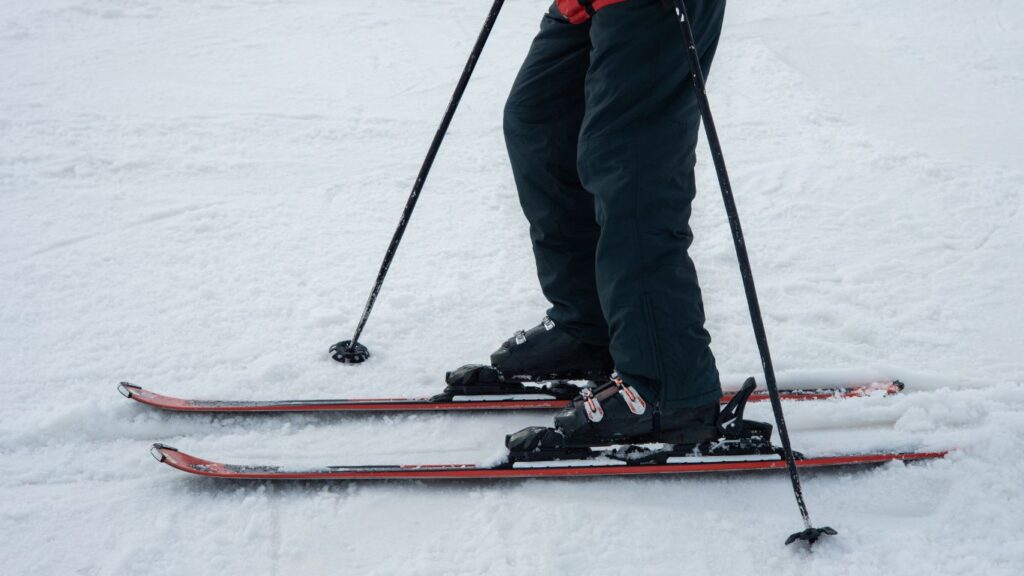
- Core Materials:
- Carbon and Wood are preferred for their balance of lightness and strength.
- Carbon Reinforcements add strength without a significant increase in weight.
- Some skis may feature Titanium for additional reinforcement, although this can add weight.
- Bindings:
- Look for high-quality, lightweight models.
- Aluminum or Carbon Components are ideal.
- Avoid bindings with excessive metal to keep the overall weight down.
Weight Range for Alpine Skis with Bindings
For advanced recreational downhill skiing, the acceptable weight range for skis with bindings typically falls between 5.5 kg and 6.5 kg. This range ensures that the skis are light enough for maneuverability but sturdy enough for durability and performance.
Lightweight Ski Brands and Models
Several reputable brands are known for their lightweight ski constructions. Here are a few examples:
- Atomic:
Known for their innovative designs and use of high-quality materials, Atomic offers several models that prioritize lightweight construction without compromising on performance.
- Rossignol:
Rossignol’s skis often feature wood cores and carbon reinforcements, making them an excellent option for those looking for durable yet lightweight skis.
- Dynastar:
Focusing on combining lightweight materials with cutting-edge technology, Dynastar produces skis that are perfect for advanced skiers who demand both performance and ease of use.
FAQs
1. Why is the weight of alpine skis with bindings necessary?
The weight of alpine skis with bindings is crucial because it affects maneuverability, comfort, and endurance. Lighter setups are easier to handle and reduce fatigue, allowing for longer sessions on the slopes.
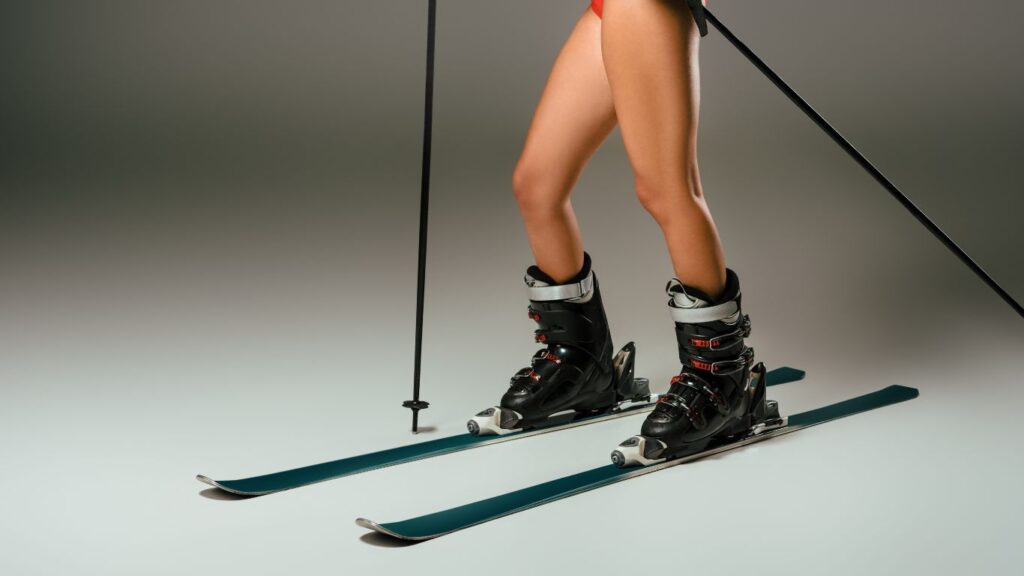
2. How can I determine the best weight range for my alpine skis?
The best weight range depends on your skiing style, ability, and physical strength. Typically, advanced recreational skiers prefer skis in the 5.5 kg to 6.5 kg range, as these offer a good balance of durability and maneuverability.
3. What role do core materials play in the weight of skis?
Core materials like carbon and Wood are crucial as they provide a balance between lightness and strength. Additional reinforcements like carbon layers or Titanium can enhance durability without adding significant weight.
4. Are there any trade-offs when choosing lighter bindings?
Lighter bindings, often made with aluminum or carbon components, offer better performance and ease of use. However, very lightweight bindings might compromise durability, so it’s essential to find a balance based on your skiing needs.
5. Which brands are known for producing lightweight alpine skis?
Brands like Atomic, Rossignol, and Dynastar are well-regarded for their lightweight ski models, incorporating high-quality materials and innovative designs to ensure performance and durability.
6. Can heavier skis affect my skiing experience?
Heavier skis can be more tiring to maneuver, especially on longer runs or in varied terrain. They might offer more stability at high speeds, but the increased weight can also result in quicker fatigue.
7. Should beginners also prioritize lightweight skis?
While advanced skiers often focus on lightweight skis for performance, beginners should also consider lighter options as they require less effort to control. This can make learning more accessible and more enjoyable.
Conclusion
Selecting the right skis can significantly enhance your skiing experience. By considering the core materials, binding components, and reputable brands, you can find the perfect pair of lightweight alpine skis that meet your needs. Remember, the ideal weight range for advanced recreational downhill skiing is 5.5 kg to 6.5 kg. Happy skiing!






